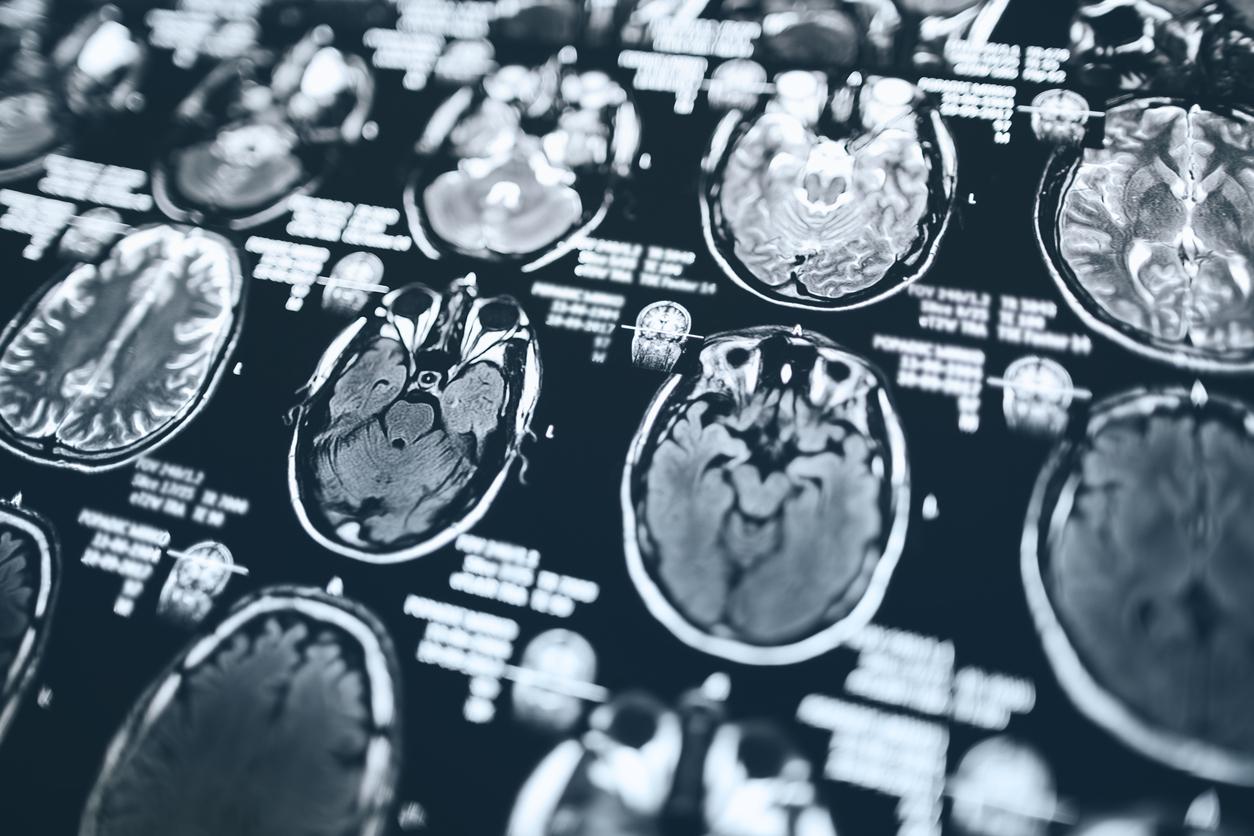While the drugs against Alzheimer’s undergo a big debate As for their effectiveness, neurology researchers from the Rush University Medical Center (USA) might have found a very simple solution: aspirin(or acetylsalicylic acid). The latter would promote the elimination of amyloid plaque in the brain, the first responsible for the development of Alzheimer’s disease. The results of their work have been published in The Journal of Neuroscience.
Beta-amyloid, a toxic protein, forms aggregates in the brain when not broken down efficiently. The formation of this plaque interferes with the connections between neurons and promotes dementia and memory loss. Precisely, aspirin would act at the level of the mechanisms eliminating beta-amyloid.
Promote the degradation of this plate
The researchers gave aspirin every day for 1 month to genetically modified mice with Alzheimer’s disease. They found that this molecule stimulated the lysosomes, sort of the garbage collectors of our body responsible for recovering and destroying all the waste. The amyloid plaque was then greatly reduced.
“The results of our study identify a possible new role for one of the world’s most widely used over-the-counter drugs,” Kalipada Pahan, lead author of the study, said in a statement. However, it remains to be seen whether the same effects can be observed in humans.
Pahan said in LiveScience that although aspirin is relatively safe, it does have some risks when used daily. This medication cannot currently be used as a means of treating or preventing Alzheimer’s disease. He added that for aspirin to stimulate lysosomal activity, a specific cellular receptor, PPARα, must be present. If the person with Alzheimer’s does not have a sufficient number of PPARα receptors, aspirin would not be beneficial.
Read also :
Aspirin beneficial in the fight against cancer-related mortality
Supporting an Alzheimer’s patient can be learned


















